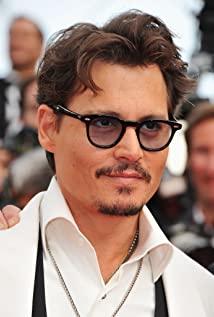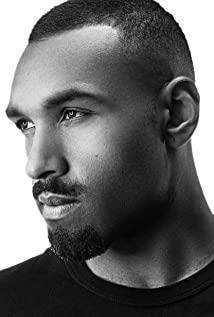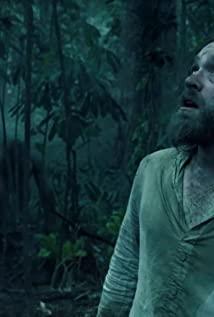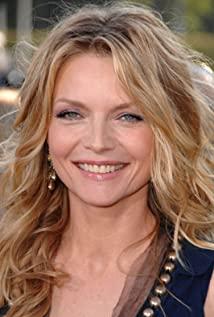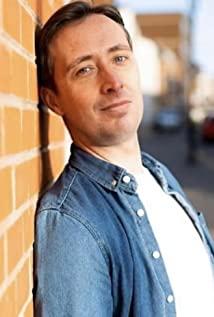When such a famous mystery novel is about to be adapted for the big screen again, and there is already more than one good version ahead, then I can't help but ask: What is the difference that this adaptation hopes to show? What can we expect to see in this movie? In 1974, we thoroughly enjoyed a small-scene reasoning drama that was faithful to the original, composed of the wonderful acting skills of the old actors; in 2010, it was Poirot, played by David Suchet, who showed the pain caused by the conflict of beliefs. and struggle is impressive. Therefore, in the face of this new adaptation, no matter what, I think anyone who is familiar with the plot - especially those fans of reasoning who can memorize the plot, should take it for granted and consciously put the book signed by Agatha Christie. Come down and see—even look for—something different this time. (Audiences unfamiliar with the plot don't have this problem.) It's perfectly normal to have different preferences, but it's naive and inhuman to have to compare the movie with the original magnifying glass and deny it because of it.
Said such a bunch of nonsense, one is to explain my expectations for watching the movie, and the other is to target some stubborn "fans" of the original work. So, how is this movie? Unfortunately, it can only be said that a 70-point answer sheet was handed in.
This adaptation is a mediocre work, but very "pro-popular".
The setting is still 1934, but there is no sense of the times at all, the background is blurry, or it feels completely modern - I'd be looking forward to an adaptation that puts the era into the present. Driving in the mountains felt like a magical blockbuster. That avalanche was probably Saruman's conspiracy.
Poirot's image building is very "labeled". As a first impression, Poirot's cane looked like a kind of cleverness instead of wisdom; the first meeting with Mary Debenham added a large amount of Sherlock Holmes' publicity and offense that could be understood by ordinary audiences; It took a few minutes to express Poirot's neuroticism with eggs and stomping. It was a waste. One might say that both represent Poirot's demand for "balance" that is crucial to the eventual "imbalance of justice" theme. It is a pity that these two appear casually, as if to express Poirot's eccentricity, and if they have an effect on the subject, this effect can be described as crude and meager. On the other hand, in the 2010 version, Poirot "forced" people to commit suicide on the boat, and the occasional stoning on the road was a brief but important foreshadowing. ——Although B is installed in the first paragraph, when it comes to character images, the discussion cannot escape the connection with the original work. It seems that when it comes to Kintianichi it is dandruff, and when it comes to Nikaidou Ranzi it is tossing hair, and as an "adaptation", we may still expect to see a deeper and richer Poirot than a brand new Sherlock Holmes. ——One more turn, even so, it cannot be denied that there is a "Sherlock Poirot" (presented to the public who does not want to know "Hercule Poirot"). However, the "Sherlock Poirot" here is also superficial. I don't think it's a good idea to give up the little details of the original and take the time to label it.
The most black may be the action scenes. This is also the problem of Poirot's image, so I won't repeat it.
In the puzzle-solving part, this work deliberately weakens the "home visit" and deduction. On the one hand, overlooking the camera and parallel editing play a role in weakening and fast-forwarding reasoning, and on the other hand, it will not be so boring. Emphasis is placed on the motive of the crime, showing the Armstrong case. This is to highlight this sad story of revenge for love (viewers, please be amazed and moved). The intention of imitating the composition of "The Last Supper" is very obvious and obvious, and basically everyone can see it. At first glance, it really looks like "Wow, the Last Supper", and it fits the theme. To be honest, I was a little surprised at first. Let's take a moment.
Oh, and a little bit of racist political correctness - it's really boring, and a little suspense that seems to have a sequel - I don't really want to see a sequel.
Okay, so back to the original "pro-popular" statement. To sum up the above, a clever and eccentric detective (the image of the detective has probably always been like this from Sherlock Holmes), a few vast and spectacular background shots, some sadness and emotion of revenge for love, and a little bit of action that looks tense and exciting , and finally a little thought of justice. Well, the mystery drama that seems to be popular with everyone is born! Everything is simple and crude. What? Is this the original Agatha? Elements of old-fashioned stories, the storyteller is more important. In my opinion, the adaptation is to deepen the original work and let the story blossom, rather than simply kneading plasticine.
View more about Murder on the Orient Express reviews







